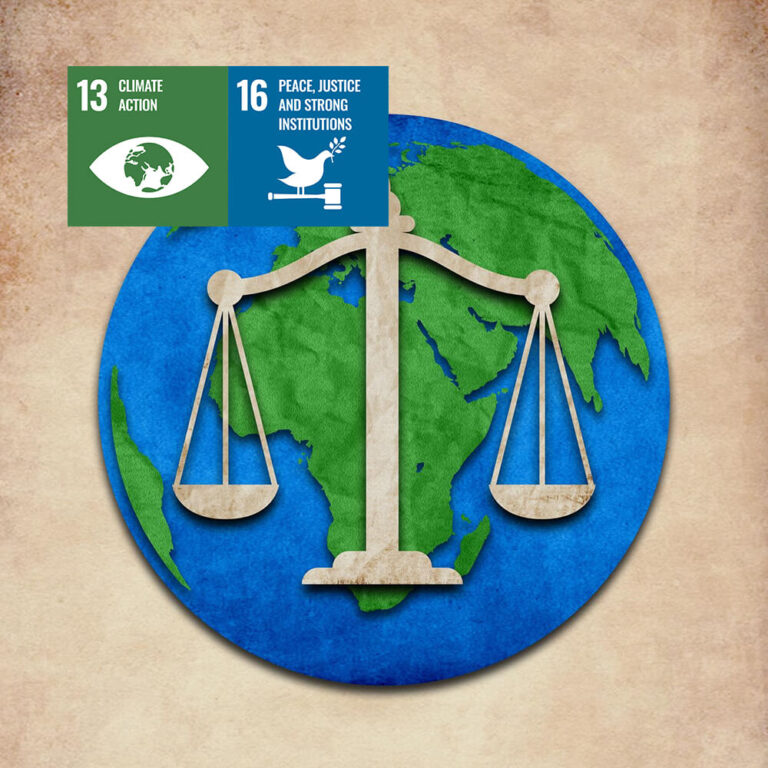Climate justice means having a people-centered approach to climate action. This entails ensuring representation, inclusion, and protection of the rights of those most vulnerable to the effects of climate change.
The impacts of climate change will not be borne equally or fairly, between rich and poor, women and men, and older and younger generations. Consequently, there has been a growing focus on climate justice, which looks at the climate crisis through a human rights lens and on the belief that by working together we can create a better future for present and future generations.
Solutions must promote equity, assure access to basic resources, and ensure that the rights of present and future generations to a healthy and clean environment is protected.
By focusing on justice, climate action can address the needs and rights of marginalized communities, including indigenous peoples, low-income populations, and developing nations. It aims to empower these communities to actively participate in decision-making processes and access resources for adaptation and resilience-building.
